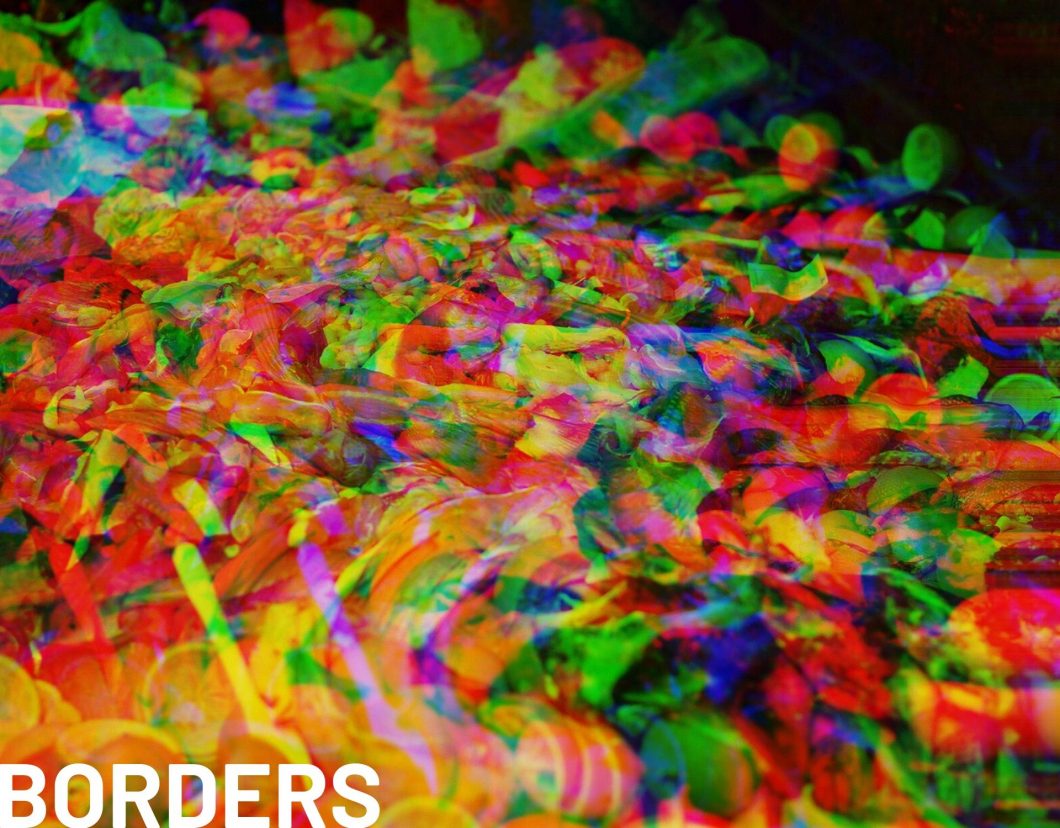My mother calls herself our trash heap.
She eats what we won’t, grows plump on
our leftover eggs, bread crusts,
the bitter-hearted lotus seeds we cannot stomach.
We have small appetites. Waiting for us is eating,
cutting slice after slice of pumpkin bread
until all the bowls are clean.
No one wants to be garbage, she says,
but look what I do for you.
In archaeology a trash heap is called a midden.
It means you’ve struck gold. What better map
to the way people lived than the things they discarded.
Oysters shells, chicken bones, bits of green glass,
cups, bowls, pickle forks, shoe leather
miraculously intact beneath the dirt.
The trash is what they ate, what they used,
what they could not afford to throw away.
No buttons. No jewelry. In a California midden
where Chinese laborers lived they found
a single bottle for baby formula, cracked.
The glass so old it is flaking, iridescent,
like spilt oil or dragonfly wings catching light.
My mother does not like the way she looks.
In the dressing room she pinches the flesh
around her face. No one respects me,
and now I look like this.
When a whale dies and sinks to the sea floor,
a world emerges to devour it. Hagfish come first,
slender faceless mouths chewing at the tough skin.
Then the larger fish, sharks even, their eyes
rolling as they tear into the flesh.
A fallen whale sustains this ecosystem for years.
Even its skeleton becomes a home.
When my mother dies she wants to be cremated.
She talks of death often—her knees hurt,
she cannot sleep, her eyes worsen each day.
Put my ashes in the ocean, she tells us,
crunching on pistachios after dinner.
I do not want to become food.
Image: Taz / CC BY 2.0

